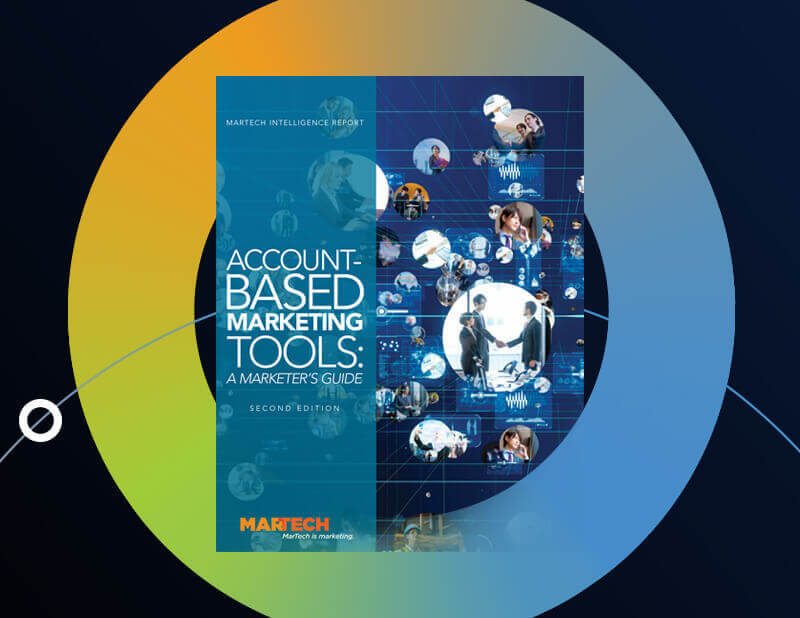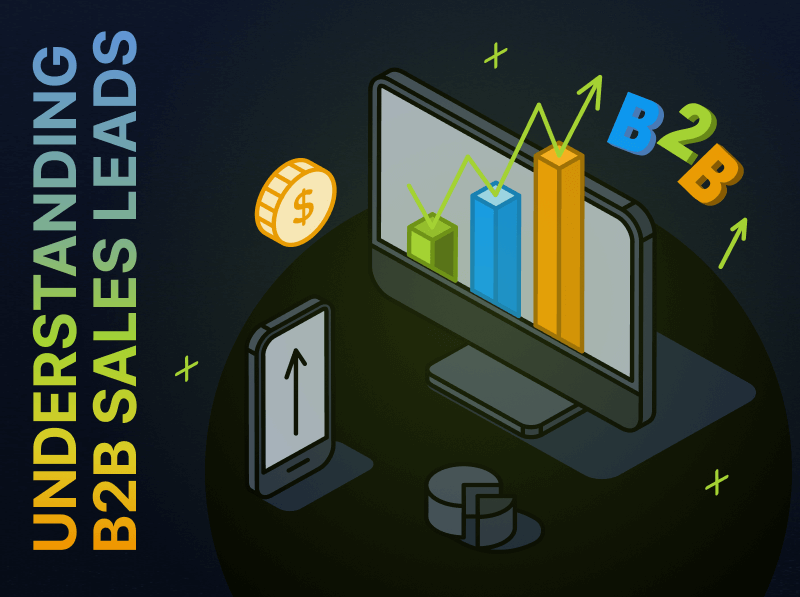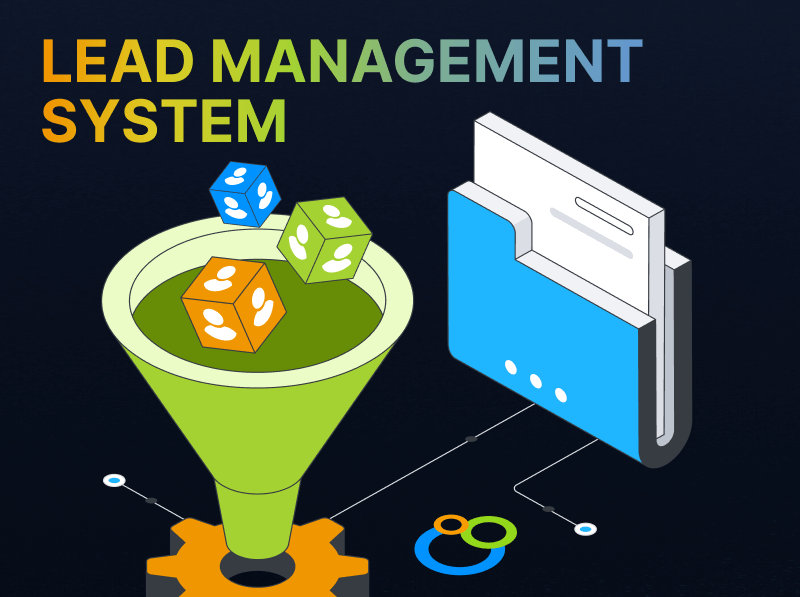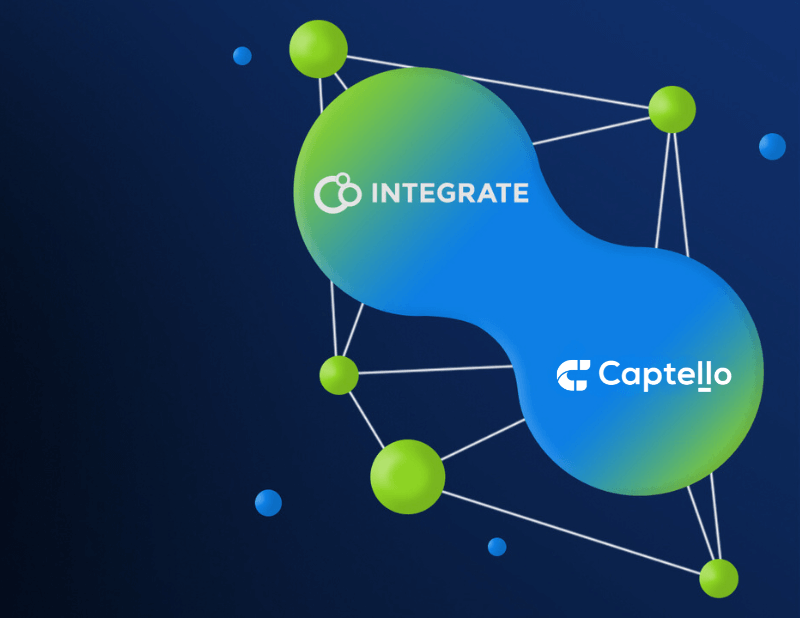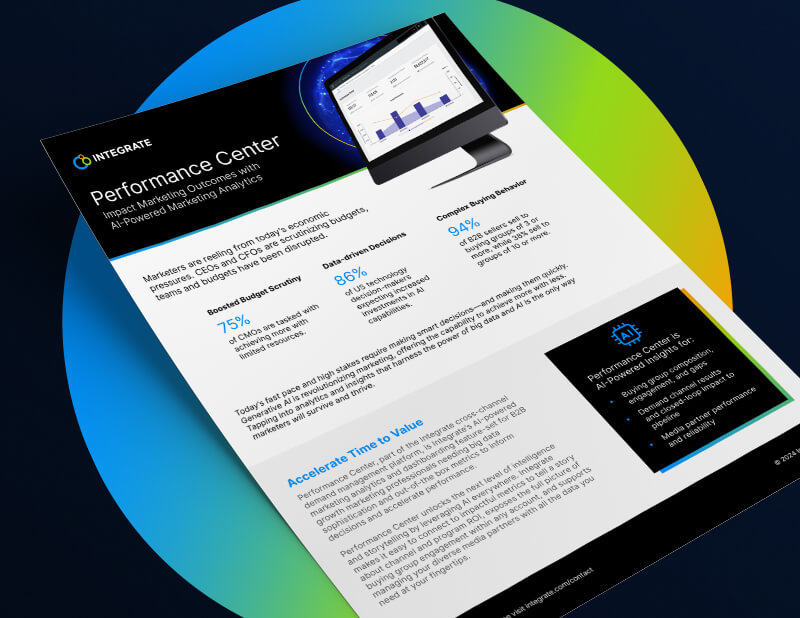What to Consider in a B2B ABM Vendor
MarTech’s Intelligence Report on Account-Based Marketing Solutions
The past year has seen a migration to a digital-first approach as sales and marketing teams seek to fill the gaps that the global pandemic has created. Buyers have changed their behavior significantly. They’re more independent, doing research on their own, and less likely to reach out to vendors until they’ve formed an opinion about which solution is a good fit for them. They’re relying on third party research, peer reviews, and industry publications.
At Integrate, we’ve seen our customers pivot their strategies toward digital, combining their account-based marketing (ABM) and demand efforts into a more buyer-focused Precision Demand Marketing approach to speed up the buying cycle and meet buyers where they’re at on their journey. We see great value in ABM as part of that digital shift, and the editors at MarTech recently put together a comprehensive MarTech Intelligence Report on account-based marketing (ABM) solutions that takes a closer look at various vendors in the ABM space.
In the MarTech Intelligence report, they note that while ABM is a strategy many sales and marketing teams are eyeing, few have fully integrated it into their overall strategy. What that means is that there remains room for growth, and the time is ripe to take a closer look at how to implement a successful ABM strategy as part of your B2B marketing strategy.
The New Era of B2B Marketing
Why is it important to consider ABM in today’s digital-first world? The editors at MarTech point to today’s buyer-driven, new era for B2B marketers as the catalyst for this B2B shift. Today’s B2B buyers don’t exist solely in one channel and on a single device – they use multiple channels and devices to research and make their purchase decisions. And that means that B2B marketers need to meet their buyers where they are. They need to ensure their ABM in B2B strategy aligns to a precise, omnichannel approach that reaches account decision-makers at each touchpoint along their customer journey.
Key Elements of Successful ABM Strategies
In the report, the editors at MarTech outline the key considerations for a successful ABM strategy, including data enrichment, account targeting, personalization, interaction management, and performance measurement.
In our Precision Demand Marketing framework, which incorporates both an ABM and demand perspective, this translates to empowering marketers to unify and orchestrate across their channels with agility. This creates a better experience for buyers. We’re meeting our buyers where they’re at in their process and getting them the information they need to make important buying decisions.
- Data quality and governance is about ensuring you get your data right so that you have marketable, connected data. At Integrate, we standardize and validate incoming and outgoing data to increase lead conversion, rejecting unqualified leads while complying with global regulations to ensure all data is properly vetted and consent provided, resulting in less budget waste.
- Account targeting enables you to identify and target the right buyers, accounts, and buying committees. At Integrate, we target accounts with precision using intent data and data intelligence to inform marketing programs.
- Personalization is integral to an ABM strategy so you can reach your buyers with the right account experiences. At Integrate, we implement personalized buyer experiences with cross-channel performance visibility, ensuring they are engaging the right buyers with the right messages at the right times.
- Interaction management and activation is about interacting with account decision-makers at each touchpoint along the customer journey. At Integrate, we configure and activate cross-channel campaigns and orchestrate personalized buyer and account experiences.
- Performance measurement is crucial to B2B success and should drive account lifetime value by increasing reputation, relationships, and revenue. At Integrate, we enable real-time visibility across all demand channels to understand and optimize program performance, refine account-based tactics, monitor budget, track ROI, and defend marketing spend.
ABM Technologies
The MarTech Intelligence Report provides an overview of the various vendors in the ABM space, including who are the key account-based marketing leaders, a breakdown of ABM tool capabilities, and ABM solution costs. They also provide a checklist of questions for you to ask yourself, including:
- How easy is the tool to use?
- Does the tool help identify target accounts?
- Can we manage cross-channel campaigns?
- Does the tool help us comply with relevant privacy regulations?
- Does the tool provide real-time analytics?
The Path Forward
The B2B marketing space is evolving rapidly and it’s clear that B2B marketers must adjust their strategies accordingly. We agree that ABM is a worthwhile strategy to invest in as part of a larger B2B marketing approach that is omnichannel and buyer-driven. Check out the MarTech Intelligence Report on ABM and if you have any questions about Integrate’s ABM capabilities, reach out to us for a demo!
